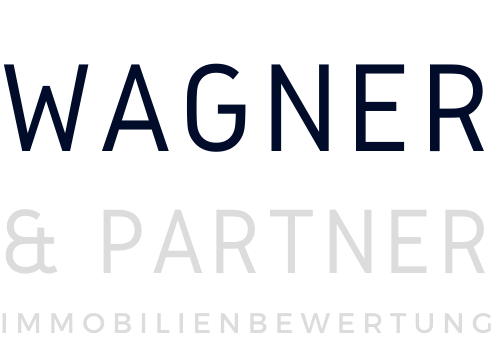Special field
The valuation of car dealerships
How do current developments in mobility influence the "car dealership" business model? And what does this mean for the valuation of car dealerships by the real estate appraiser?
CAR DEALERSHIPS ARE A SPECIAL ASSET CLASS FOR VALUATION PURPOSES
The automotive industry is currently facing many changes and challenges that will have an impact on the future. For example, the sales concepts of automotive manufacturers (OEMs) have changed significantly in recent years, and this trend is expected to continue in the future. One important factor behind the changes in sales concepts is digitalization, which offers customers new ways to search for, configure and purchase vehicles. But other equally profound developments are also determining factors:
- Electrification: More and more manufacturers are consistently expanding the production of electric cars. Car dealerships must continue to focus on marketing electric vehicles, which, due to the different technology, entail a prospectively different and presumably much smaller service business.
- Sharing Economy: The growing popularity of car sharing services and mobility as a service (MaaS) could lead to fewer people buying cars and instead opting for alternative mobility solutions. Car dealerships could potentially find new business opportunities here by partnering with car sharing services and MaaS providers or developing their own offerings in this area.
- Autonomous driving: Another change sweeping the automotive industry is autonomous driving. All OEMs and many technology companies are working on self-driving vehicles. Autonomous driving has the potential to change the way we get around and organize traffic. If autonomous vehicles are safer and cause fewer accidents, it could lead to a further decrease in demand for maintenance and repair.
- Personnel: Like many other sectors of the economy, the car dealership industry is severely affected by the shortage of skilled workers. It is difficult to find qualified employees to sell, maintain and repair vehicles. Car dealerships therefore need to invest in employee training and development to remain competitive.
- Customer experience: Customers expect a positive and personalized experience at their car dealer. Car dealers must be able to offer a first-class customer experience that goes beyond simply selling vehicles. This includes, among other things, advice, service and after-sales support.
These trends and developments pose challenges for the car dealership industry, but also offer opportunities for car dealers who adapt and innovate.
A profound understanding of the car dealership business model is essential for the appraiser.
In recent years, there has been increasing concentration in the car dealership industry, particularly through mergers and acquisitions of car dealership groups and chains. In Germany, one of the largest car markets in Europe, there are many small and medium-sized car dealerships that usually offer only one or a few brands. In recent years, however, large car dealership groups have also expanded and strengthened their market presence through acquisitions and mergers.
Concentration has also led some manufacturers to reduce their own dealership networks and focus on strategic partnerships with selected dealers to strengthen their market position.
The trend toward selling vehicles online has also further increased concentration in the industry. Larger dealership groups may be better positioned here to implement online marketing and sales strategies due to their size and resources.
Overall, this trend toward concentration in the dealership industry is expected to continue in the coming years as larger companies continue to seek ways to strengthen their market presence and meet the challenges of the changing automotive industry. In addition, mergers and acquisitions can also lead to a change in the real estate structure of car dealerships. For example, in a multi-brand dealership, the building architecture needs to be designed in such a way that the different brands can be clearly distinguished from each other. As a rule, each brand should have its own sales area to receive customers and prospective customers. A separate workshop for each brand is also advantageous.
Different approaches can be used to determine the value of a car dealership.
For tax or balance sheet purposes, the market value of a car dealership is usually determined in accordance with Section 194 of the German Building Code (BauGB) using the capitalized earnings value method based on rental rates in relation to the rental or usable space or a proportion of total sales attributable to rent.
In the context of company sales, it is also common practice to establish the value of the property on a going concern basis. This is to be understood in the instance that an established, operating business with an indefinite useful life is sold. This value definition is not standardized in German valuation practice. In terms of methodology, it is assumed that a buyer wishing to continue the business would use as a basis the costs that would be incurred if he had to procure comparable land and buildings in a comparable location. This corresponds to the asset value of the real estate used for the business activity in accordance with Section 35 ImmoWertV and is not comparable in this case with the market value in accordance with Section 194 BauGB.
Read more
Professional article "Evaluating car dealerships correctly" by Klaus Wagner
Special field
We focus on real estate appraisals that are relevant to our clients and their real estate portfolios.
Home

